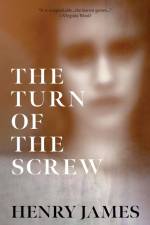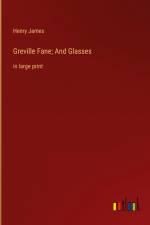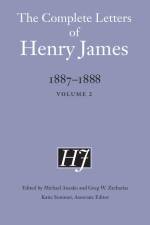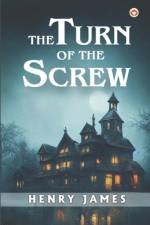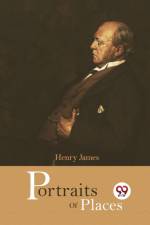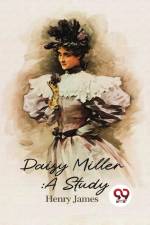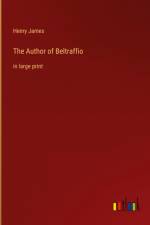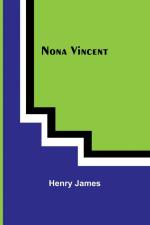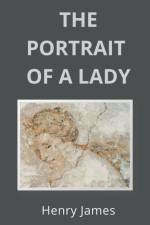av Henry James
499,-
Cuando pensaba en ello, el Príncipe se daba cuenta de que Londres siempre le había gustado. El Príncipe era uno de esos romanos modernos que encuentran junto a las orillas del Támesis una imagen más convincente de la fidelidad del antiguo estado que la que habían dejado junto a las orillas del Tíber. Formado en la leyenda de aquella ciudad a la que el mundo entero rendía tributo, veía en el actual Londres, mucho más que en la contemporánea Roma, la verdadera dimensión del concepto de Estado. Se decía el Príncipe que, si se trataba de una cuestión de Imperium, y si uno quería, como romano, recobrar un poco ese sentido, el lugar al que debía ir era al Puente de Londres y, mejor aún, si era en una hermosa tarde de mayo, al Hyde Park Corner. Sin embargo, a ninguno de estos dos lugares, al parecer centros de su predilección, había guiado sus pasos en el momento en que le encontramos, sino que había ido a parar, lisa y llanamente, a Bond Street, en donde su imaginación, propicia ahora a ejercicios de alcance relativamente corto, le inducía a detenerse de vez en cuando ante los escaparates en los que se exhibían objetos pesados y macizos, en oro y plata, en formas aptas para llevar piedras preciosas en cuero, hierro, bronce, destinados a cien usos y abusos, tan apretados como si fueran, en su imperial insolencia, el botín de victorias alcanzadas en lejanos pagos. Sin embargo, los movimientos del joven Príncipe en manera alguna revelaban atención, ni siquiera cuando se detenía al vislumbrar algunos rostros que pasaban por la calle junto a él bajo la sombra de grandes sombreros con cintajos, u otros todavía más delicadamente matizados por las tensas sombrillas de seda, sostenidas de manera que quedaban con una intencionada inclinación, casi perversa, en los coches del tipo victoria que esperaban junto a la acera.






